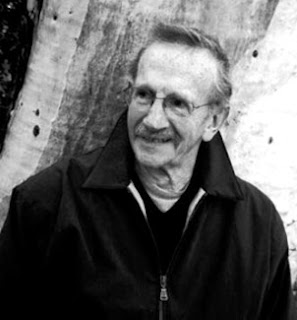If you want to write more in the new year, another source of poetry writing prompts is "The Music In It", poet Adele Kenny's blog on poetry and poets – the craft and the community. 
She posts a new writing prompt most weeks (usually on Saturdays) and there is an archive for past prompts. Recently, she featured a winter prompt with a series of links to sample winter poems.
http://www.poets.org/viewmedia.php/prmMID/15465 “A Winter Without Snow” by J. D. McClatchy
http://www.poets.org/viewmedia.php/prmMID/22693 “Approach of Winter” by Willian Carlos Williams
http://www.poets.org/viewmedia.php/prmMID/22694 “An Old Man’s Winter Night” by Robert Frost
http://www.poets.org/viewmedia.php/prmMID/20526 “Winter Distances” by Fanny Howe
http://www.poets.org/viewmedia.php/prmMID/22050 “Winter Trees” by William Carlos Williams
http://www.poets.org/viewmedia.php/prmMID/20938 “Return to Winter” by Elaine Terranova
http://www.poets.org/viewmedia.php/prmMID/19217 “Those Winter Sundays” by Robert Hayden
Adele Kenny is the author of 23 books of poetry and non-fiction. Over 700 of her poems, articles, and reviews have been published in journals throughout North and South America, the UK, Europe, Australia, and Asia, as well as in anthologies. She is currently poetry editor of Tiferet: A Journal of Spiritual Literature.











